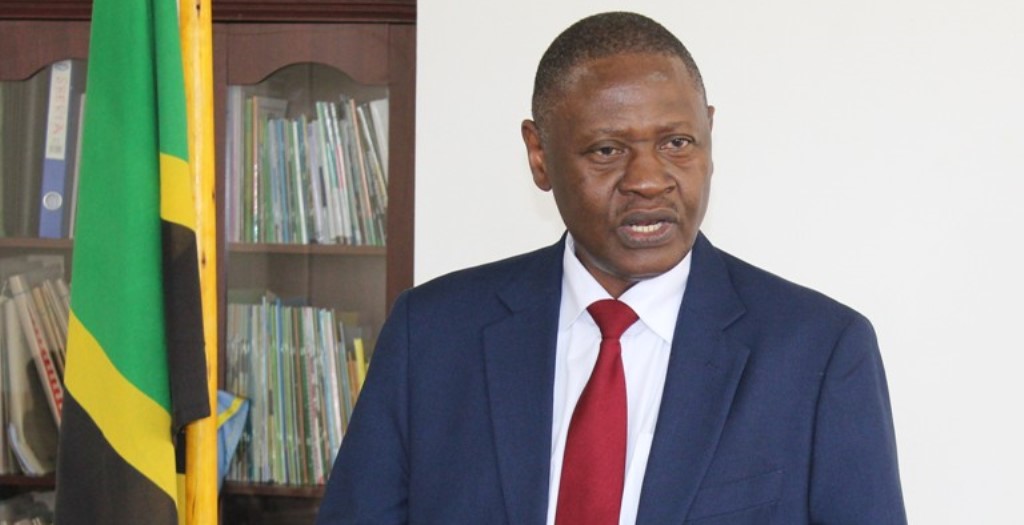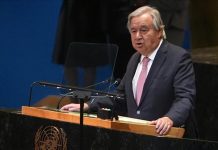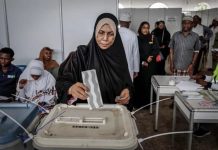Author: FAUSTINE KAPAMA
AfricaPress-Tanzania: CHIEF Justice Prof Ibrahim Juma has directed High Court judges and magistrates who will preside over cases originating from the petitions of the forthcoming General Election to write judgments in simple, understandable and educational language.
Prof Juma issued the directive on Monday when opening a training session for 282 judicial officers, including the High Court judges, according to information made available yesterday by the Judiciary’s Directorate of Information and Communications.
The Head of the Judiciary also urged Registrars to be prepared to plainly summarise the rulings upon delivery of the judgments related to election petitions so that the public could learn from them.
“In this training, there will be facilitators who will guide you on how to write judgments from election petitions and related cases. So use this time to learn how to write summaries containing educational material for citizens to learn without using legal and technical terms,” the Chief Justice said.
The CJ noted that the primary role of the court was to deliver justice, thus, the training was part of preparations for judicial officers to fulfill their responsibility in providing justice in electoral matters.
Prof Juma pointed out that Article 113 A of the Constitution of the United Republic of Tanzania reminds judges, magistrates and registrars not to join any political party, except having the right to vote as enshrined under Article 5 of the Constitution.
“This ban recognizes the duty of judges, registrars and magistrates so that the Judiciary does not appear to favour or discriminate any party competing in politics in the general election, with the aim of preparing Judges and Magistrates to hear election cases professionally, timely, transparently and fairly,” he said.
The Chief Justice urged judges and magistrates to make decisions in election proceedings transparently, calmly and confidently in accordance with the laws and procedures.
That, he said, would increase public confidence not only to the judicial officers but also to the Judiciary of Tanzania in general.
Prof Juma said the Judiciary has the responsibility to assist the National Electoral Commission to conduct free and fair elections with non-criminal acts.
The Judiciary should fulfill its responsibility to receive, hear and adjudicate as soon as possible criminal proceedings that would emerge at various stages of elections, he stressed.
The Chief Justice pointed out that the filing of election petitions in court should not be seen as a sign of weakness but such cases should be considered an opportunity for the people to ensure that the elections were free and fairly concluded as per the country’s constitution.
He clarified that the constitution gives citizens the right to vote, to contest and the right to file a lawsuit in court.
“The right to vote and be voted will not be meaningful if not go with the right to file an election case when a candidate believes the election was not free and fair,” he said.
The training, organised by the Tanzanian Judiciary in collaboration with the Institute of Judicial Administration (IJA) Lushoto, aims at building the capacity of judicial officers and preparing them to administer justice in the upcoming General Election, which will see Tanzanians elect the President, Members of Parliament and Councillors.
The first phase of the training, which began on Monday in the capital city of Dodoma, involves the High Court Judges, Registrars and Deputy Registrars, and Resident Magistrate in Charge of Resident Magistrate’s Courts.
The second phase will include Justices of the Court of Appeal and will be held between September 2 and 4, 2020 in Morogoro Region.
Resident Magistrates in charge of District Courts will also receive such training later at the Lushoto based institute in Tanga.
Facilitators of the training are some of the current and retired Justices of the Court of Appeal and High Court Judges, Deputy Registrar, Magistrates together with facilitators from the National Electoral Commission.
Others are from the Prevention and Combating of Corruption Bureau, the Office of the Registrar of Political Parties and the Law Reform Commission, who are key stakeholders in electoral matters.







